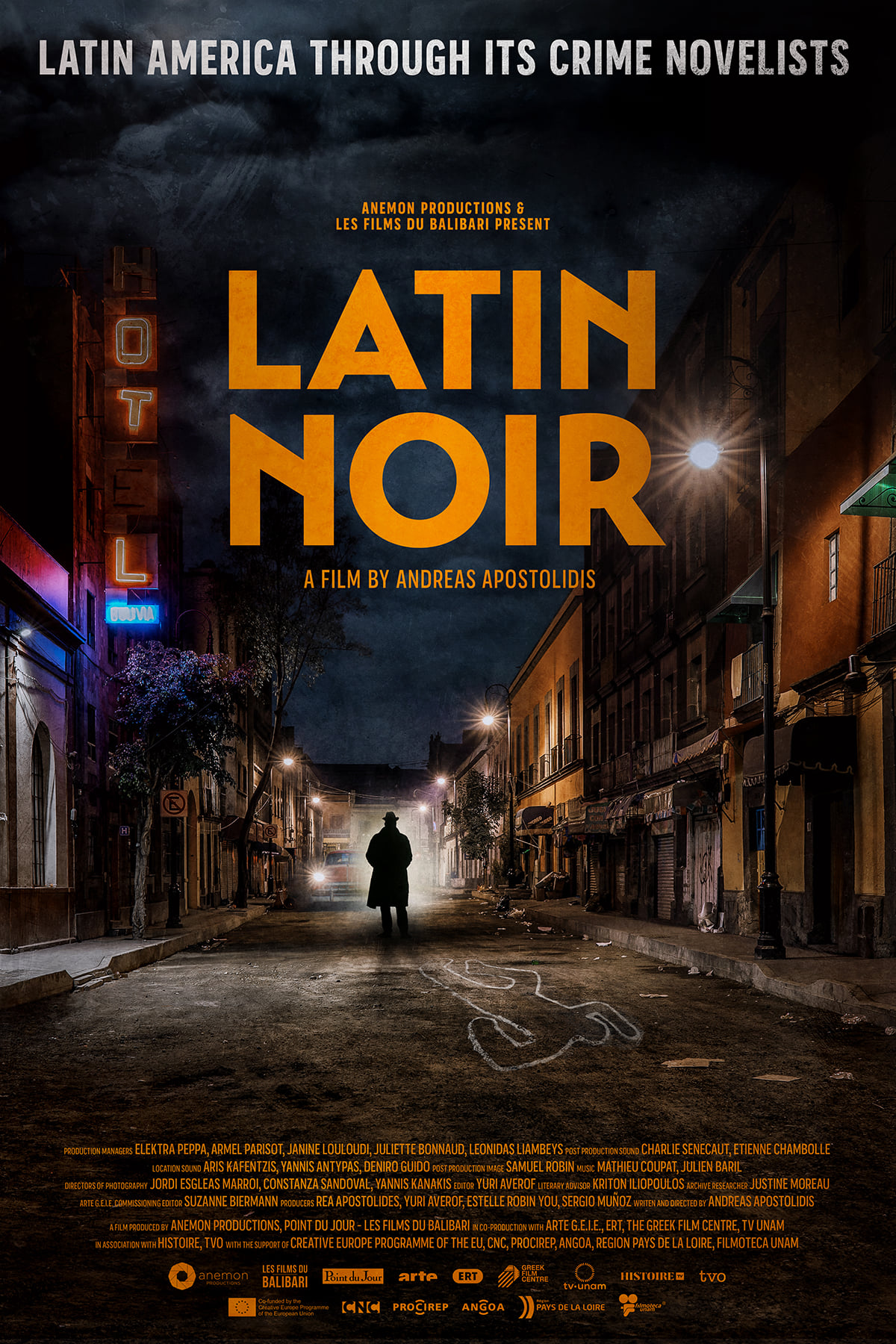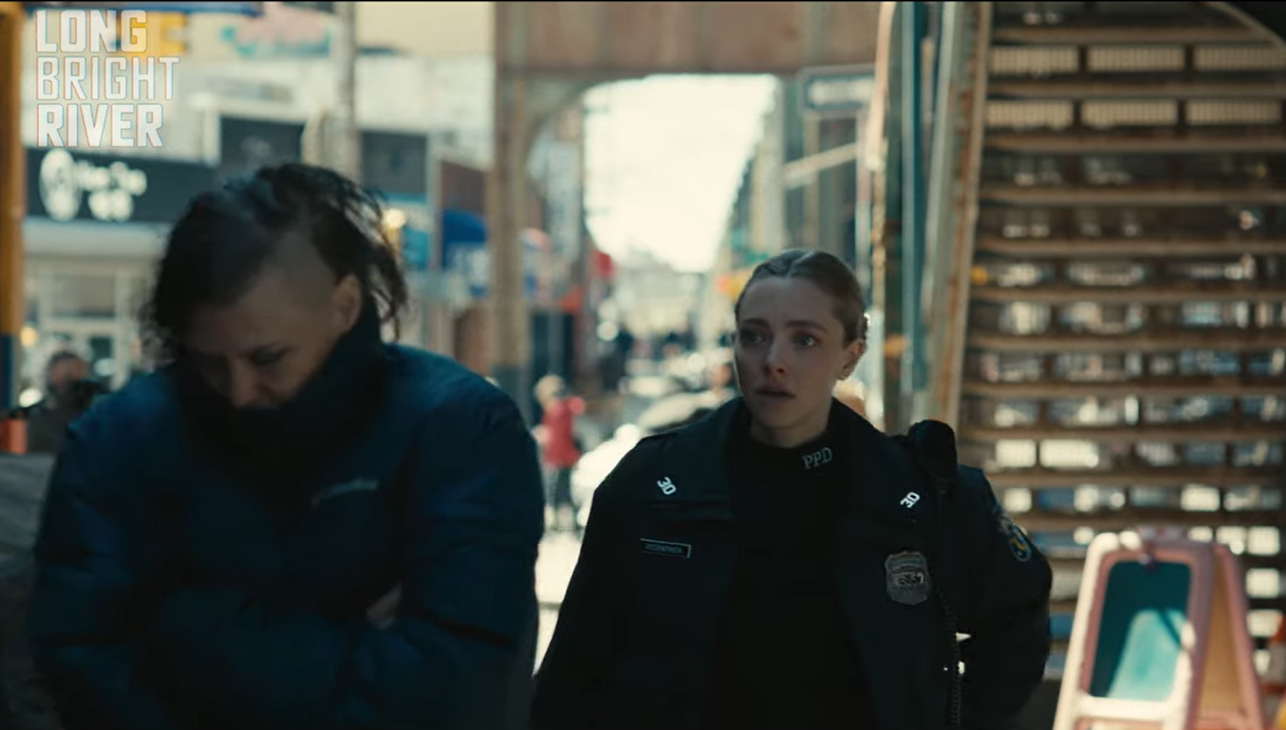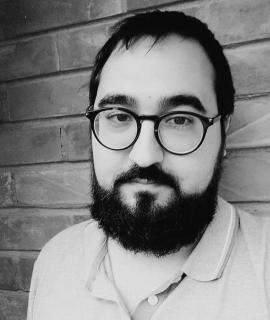
The key to Latin noir
Latin Noir is a documentary that, through noir authors, profiles a past of violence and repression captured by the genre.
The world premiere of the documentary Latin Noir will be at the 38th edition of the Miami International Film Festival, to be held soon from March 5 to 14.
The film's director, Andreas Apostolidis, decided to cross the ocean in search of the success of the Latin American noir novel by talking to novelists from five countries.
Noir refers to a specific type of police or detective novel, framed within mystery and adventure stories, which has often been called noir or hard-boiled for its focus on anti-heroes, cynical officials, archetypal ladies, and many shades to weave an almost existentialist panorama.
It also, of course, centers on horrible crimes and murders that come out of pure desperation or macabre understanding.
Audiovisually, Hollywood held the monopoly first with the contrasting black and white, and later with the neo-noir that populates platforms like Netflix.
However, at the literary level, the success of the subgenre is divided between countries such as Norway, with a very particular style, or the Latin American case, which, for example, earned the Peruvian Mario Vargas Llosa a Nobel Prize for Literature for detective pieces such as La ciudad y los perros, and La fiesta del Chivo.
The panorama of the Latin American crime novel is an immense subject that would give rise to many essays. Despite this, the Greek director, novelist, and reporter Apostolidis decided to direct a documentary with the testimonies of those involved, along with journalists, teachers, and illustrators. He was assisted with scriptwriting by Krition Iliopoulos, a translator and essayist from Athens, and the production company is Anemon Productions.
RELATED CONTENT

Among the novelists interviewed are the Mexican Paco Ignacio Taibo, creator of the detective and vigilante Héctor Belasco, as well as the famous Cuban author Leonardo Padura, who for decades has relayed a chronicle of Havana with his detective Mario Conde.
In Peru, there was a writer who forced his creations to confront the cruel legacy of the Sendero Luminoso and that is none other than Santiago Roncagliolo: "Ghosts do not live in the supernatural world, but in the history of countries and in the hearts of the people. That is where the things that cause us fear are found."
From Argentina, there is also the testimony of its collapse during the last years of Claudia Piñeiro explored in novels such as Las viudas de los jueves. Meanwhile, halfway between Spain and Chile, was the activist Luis Sepulveda, recently deceased of COVID-19 and one of the best-known representatives of the Latin American crime novel and father of the fictional ex-guerrilla Juan Belmonte.
It seems that the secret of this gloomy niche has many answers and, nevertheless, many go through the rise of dictatorships from 1970 onwards that deformed all possible cultural debates.
In the midst of a panorama of censorship, the crime novel offered an apparently conservative format, less suspicious and mostly reinforcing the order, resulting in a false trompe l'oeil to deal with the most social fiction.











LEAVE A COMMENT: